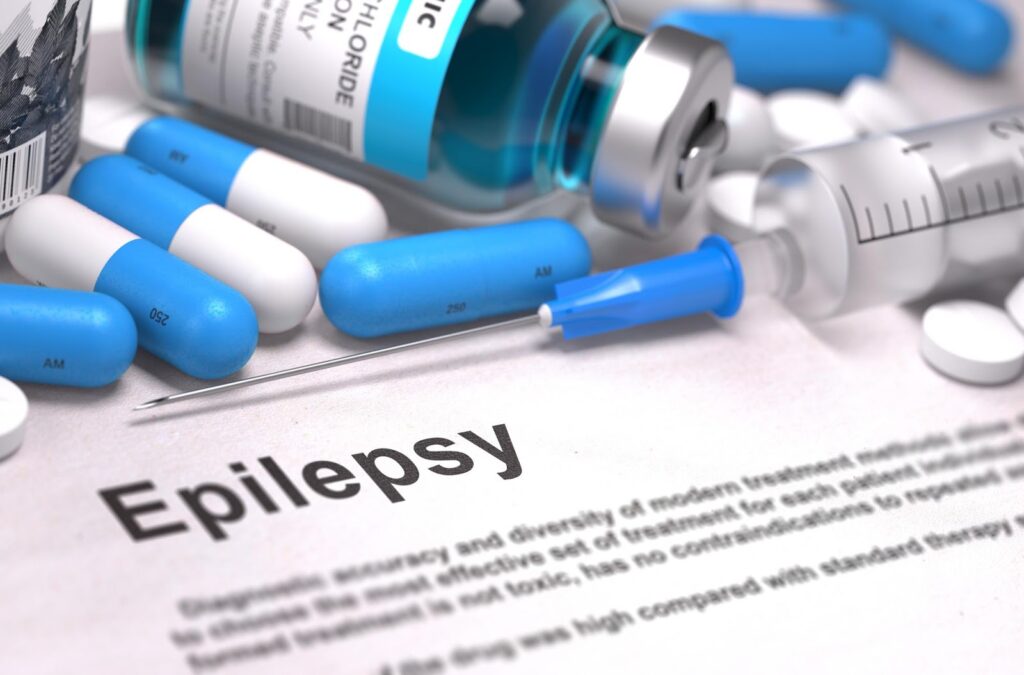Neurological disorders are more common than you think. In the U.S. alone, they affect over 25 million individuals.
Some of the most common ones include dementia, Parkinson’s Disease, and stroke.
Epilepsy is another example. According to WHO, it affects approximately 50 million people worldwide.
While there’s no cure, there are treatments available that can help control symptoms. Want to know what they are? Interested in learning about some of the epilepsy treatment drugs that are available?
Then be sure to read the rest of the page!
What Is Epilepsy?
Epilepsy is a chronic neurological disorder that causes recurrent seizures. Put it simply, it affects brain activity—that is, it causes the brain’s electrical activity to escape their normal limits.
Generally speaking, there are two main types of seizures—focal or partial seizures and generalized seizures, the latter of which affects the whole brain.
Symptoms of Epilepsy
Symptoms differ depending on the type of seizure that you have.
For example, focal seizures tend to cause dizziness, tingling, twitching of limbs, alterations to the sense of smell, sight, taste, touch, or healing; it does not usually cause a loss of consciousness.
In contrast, generalized seizures usually cause stiff muscles, loss of consciousness, jerking of the arms and legs, loss of muscle tone, and loss of bladder or bowel control.
As it is, some people may not remember having a seizure after the episode.
Common Epilepsy Triggers
Certain things can trigger epileptic seizures. For example, they might be caused by stress, bright lights, lack of sleep, illness, caffeine, alcohol, or overeating.
It’s important to note, however, that it’s often a combination of factors that trigger an episode.
Unfortunately, it’s not always easy to identify your triggers. With that said, it is possible. For instance, it helps to keep a seizure journal. That way, you’ll know exactly what you were doing when you were having an episode.
Not only that, but you can use it to determine the effectiveness of your medications.
What Causes Epilepsy?
There are many potential causes. For instance, it may be due to traumatic brain injury, scarring on the brain, stroke, or dementia.
Certain infectious diseases such as meningitis and AIDs can also lead to epileptic seizures. In addition to that, it can run in families. More specifically, if you have a parent with epilepsy, your risk of developing the condition increases by up to 5 percent.
And while it can develop at any age, it’s often diagnosed in early childhood or after the age of 60.
Risk Factors
Certain factors may also increase your risk of developing epilepsy. For example, vascular diseases such as stroke can lead to brain damage, which can result in seizures.
The same thing goes for head injuries. That’s why it’s so important to wear a seat belt if you’re driving or riding in a car.
About Epilepsy Treatment Drugs
There are two main types of anti-epileptic drugs (AED)—narrow-spectrum AEDs and broad-spectrum AEDs. Here’s what you need to know.
Narrow-spectrum AEDs
These types of drugs are designed for specific types of seizures. For example, some are used to treat absence seizures while others are used to treat partial or complex seizures.
As far as side-effects go, it depends on which medication you’re taking. It’s also worth noting that there are different formulations available (e.g. oral tablet, solution, IV injection).
Note: Depending on where you are, you may be able to buy Neurontin or other anti-seizure medications online.
Broad-spectrum AEDs
These medications are used if you have more than one type of seizure (i.e. they work in more than one part of the brain).
For example, they can be used for partial, absence, and myoclonic seizures. Common side effects include fatigue, dizziness, and insomnia. In some cases, they can also lead to mood changes.
Other Treatment Options
There are other things that you can do to manage epilepsy, besides taking medications. For instance, some people may opt for vagus nerve stimulation. Basically, how it works is that a doctor will place a stimulator device under the skin.
Sometimes referred to as a “pacemaker for the brain”, it’s capable of preventing seizures by sending regular pulses of electrical activity to the brain.
Others may choose to go on a ketogenic diet. Studies have shown that more than half of those who don’t respond to AEDs will benefit from it.
Finally, there’s brain surgery. Typically, the surgeon will remove the part of the brain that’s causing the seizure activity. Due to its invasiveness, however, it’s often the last resort.
Potential Complications
Left untreated, epilepsy can cause a number of complications. For one thing, it can lead to falls.
Not only that, but it can greatly increase your chance of drowning while bathing or swimming. Similarly, it can be dangerous if you’re driving a car or operating other heavy equipment.
On top of all that, those with epilepsy are more likely to have emotional health issues such as anxiety and depression.
Understanding Epilepsy
The bottom line is, there are a number of ways to treat the condition—from epilepsy treatment drugs to surgery. At the end of the day, it depends on the severity and type of seizure that you have. When in doubt, consult with your doctor!
Was this post helpful? Interested in reading more health-related articles? Then be sure to check out the rest of our blog!




